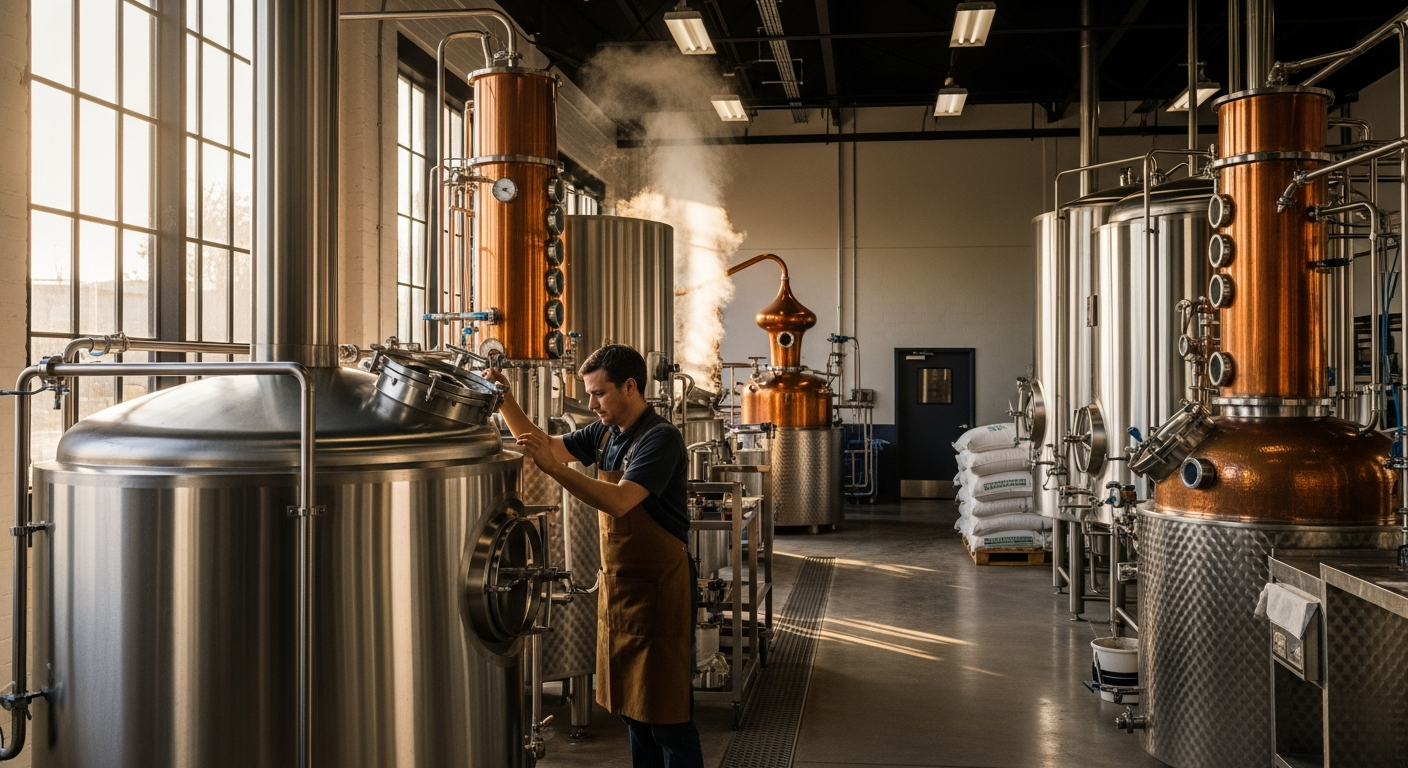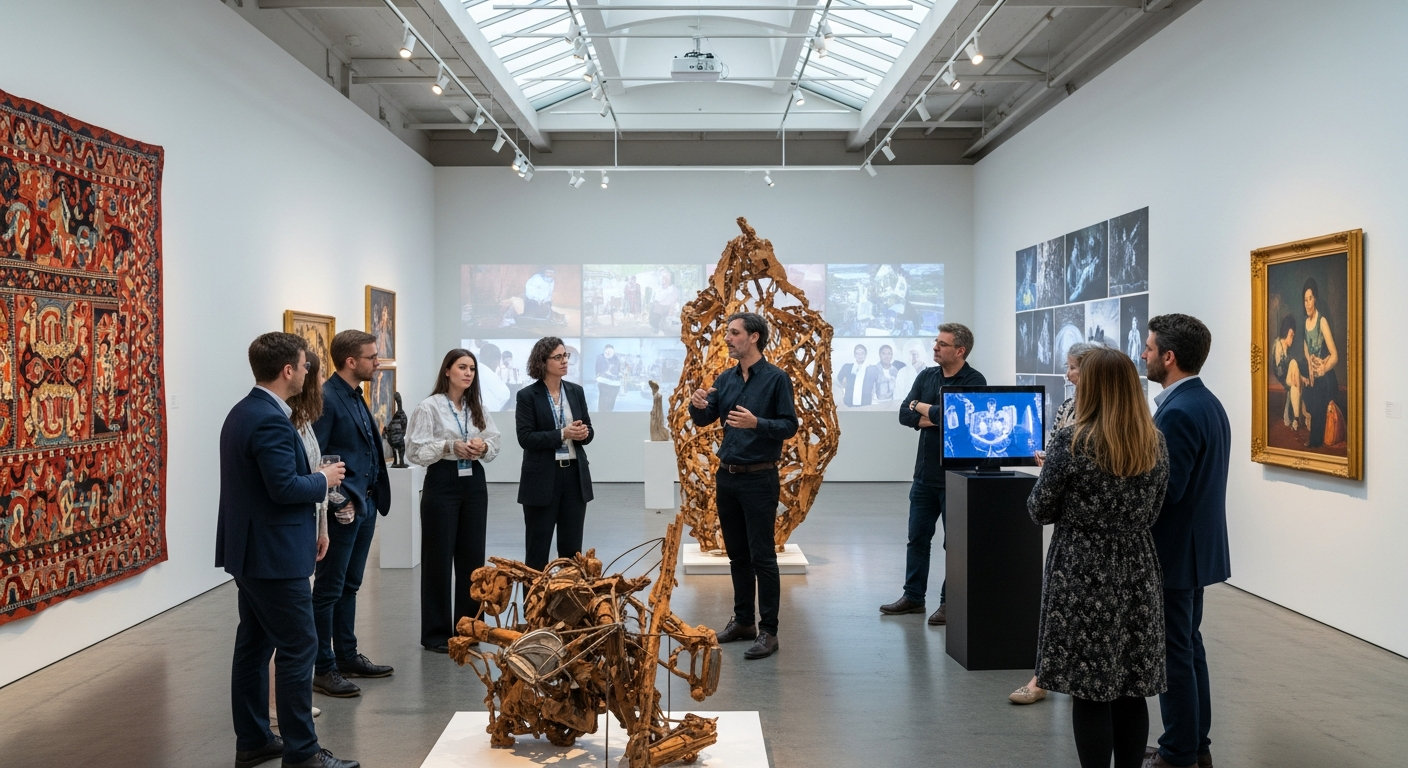Slow Dating: Redefining Romance in the Digital Age
Introduction: In an era of swipe-right culture and instant gratification, a new trend is emerging in the world of modern romance: slow dating. This deliberate approach to forming connections is reshaping how people find and nurture relationships. Read below to discover how slow dating is challenging societal norms and fostering deeper, more meaningful connections in our fast-paced world.

The Rise of Slow Dating
Slow dating, a concept that encourages individuals to take their time in getting to know potential partners, has gained traction in recent years. This approach stands in stark contrast to the rapid-fire nature of online dating apps and speed dating events that have dominated the romantic landscape for the past decade. Slow dating advocates for quality over quantity, emphasizing the importance of building a strong foundation before rushing into a relationship.
The origins of slow dating can be traced back to the broader slow movement, which began with slow food in the 1980s and has since expanded to various aspects of life, including fashion, travel, and now, romance. This shift towards a more mindful approach to dating reflects a growing dissatisfaction with the superficiality and burnout often associated with modern dating practices.
The Psychology Behind Slow Dating
Psychologists and relationship experts have long emphasized the importance of taking time to develop strong emotional connections. Slow dating aligns with this principle by encouraging individuals to engage in meaningful conversations and shared experiences before making commitments. This approach allows for a more organic development of attraction and compatibility, rather than relying solely on initial physical or superficial impressions.
Research has shown that couples who take the time to build a strong friendship before entering a romantic relationship often report higher levels of satisfaction and long-term compatibility. Slow dating creates space for this friendship to develop, allowing individuals to see potential partners in various contexts and situations before deciding to pursue a romantic connection.
Slow Dating in the Digital Age
While it may seem counterintuitive, technology plays a crucial role in facilitating slow dating. New apps and platforms are emerging that cater to those seeking more intentional connections. These services often limit the number of matches a user can interact with at one time, encouraging deeper engagement with fewer potential partners.
Some platforms incorporate features that prompt users to engage in more meaningful conversations, such as suggesting thought-provoking questions or activities. Others focus on shared interests and values, matching individuals based on their long-term goals and lifestyle preferences rather than just physical attraction.
The Impact on Modern Relationships
As slow dating gains popularity, it is reshaping expectations and norms within modern relationships. Couples who embrace this approach often report feeling more secure in their connections and less likely to experience the anxiety and uncertainty that can come with rushed romantic involvement.
This shift is also challenging societal pressures to couple up quickly or follow traditional relationship timelines. Slow dating encourages individuals to prioritize personal growth and self-discovery alongside their search for a partner, leading to more self-aware and emotionally mature relationships.
Challenges and Criticisms
Despite its benefits, slow dating is not without its critics. Some argue that it can be impractical in today’s fast-paced world, where time is often at a premium. Others worry that it may lead to overthinking or missed opportunities, particularly for those who struggle with decision-making or have limited dating options.
There are also concerns that slow dating could exacerbate existing inequalities in the dating world, potentially favoring those with more free time or financial resources to invest in prolonged courtship periods. Critics argue that this approach may not be accessible or realistic for everyone, particularly in cultures or communities where there are strong expectations for rapid progression towards marriage and family formation.
The Future of Romance
As society continues to grapple with the complexities of modern relationships, slow dating offers a compelling alternative to the often frenzied nature of contemporary romance. Its emphasis on intentionality and depth resonates with many who feel disillusioned by the current dating landscape.
Looking ahead, experts predict that slow dating will continue to gain traction, potentially influencing broader cultural attitudes towards love and partnership. This shift may lead to a reevaluation of what constitutes a successful relationship, with a greater emphasis on emotional intimacy and shared values over external markers of commitment.
The slow dating movement also has the potential to impact other areas of life, encouraging a more mindful approach to personal connections and decision-making in general. As individuals become more comfortable with taking their time in romantic pursuits, this patience and intentionality may spill over into other aspects of their lives, from career choices to friendships.
In conclusion, slow dating represents a significant shift in how we approach romance in the digital age. By encouraging individuals to slow down and prioritize depth over speed, this trend has the potential to foster more meaningful and lasting connections. As society continues to evolve, the principles of slow dating may well become a guiding force in shaping the future of relationships, offering a path to more fulfilling and authentic romantic experiences.






